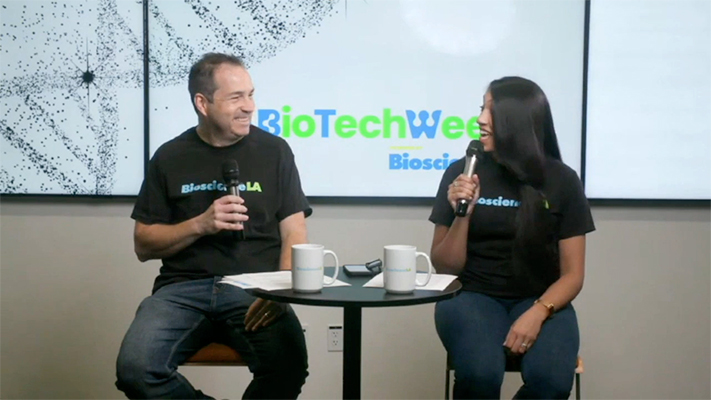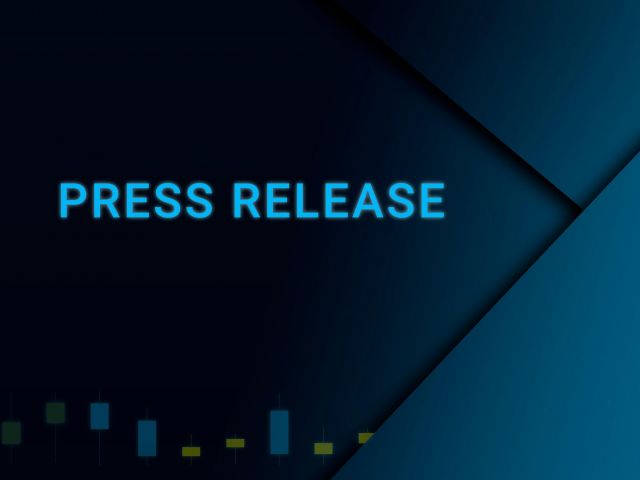
Insight by: Dave Whelan
I often start talks by reminding the audience that I am neither a scientist nor a physician (and I can’t even play one on TV). That said, I continue, one of my gifts is the ability to help connect, translate, and even sometimes mediate between scientists, physicians, investors, attorneys, and other subject matter experts.
I recently helped organize a panel discussion with BioscienceLA and the West Coast Consortium for Technology & Innovation in Pediatrics (CTIP): “The Physician Turned Entrepreneur: A Formula for Success.” This discussion, moderated by Alan Young, MD, a physician, consultant, and AI advocate, contained some wonderful guidance for doctors who want to start healthcare companies.
But what do you do if you are not a doctor, but you have an idea for a medical innovation? Or perhaps you are a physician, but you are working on something new outside of your specialty. Then what?
These questions are a common topic of conversation between me and my friend, collaborator, and fellow cake lover Monica Jain, MD. Monica is Surgical Innovation Officer at Cedars-Sinai Medical Center and a Venture Partner at Wavemaker Three-Sixty Health. She also has given a lot of thought into how healthtech companies can improve their chances of success.
As she explained to me recently, while technology commercialization is essential to launching a new business, what is often missing is a solid plan to achieve adoption. Many entrepreneurs don’t understand what it takes to achieve physician adoption, which is very different from consumer or even other enterprise adoption.
Physicians tend to be hyper-focused on clinical need. Innovations that really help a patient will be prioritized over those that have only incremental value. Physicians are unlikely to change the ways they work, especially if there is only a small savings. Most importantly, physicians tend to think in terms of patient benefits or impacts, more so than workflows.
What this means is that healthcare entrepreneurs should be talking to doctors every day. They should be getting insights and perspectives from physicians in different specialties, with different backgrounds, who work in different sorts of environments. Not only will that help de-risk a new product or company, but it might even reveal a previously unrealized application or opportunity.
This advice applies to physician entrepreneurs as well, sometimes even more so. Doctors may have a tendency to address their own experiences, not realizing that an innovation might be more applicable to a different field.
Fortunately, we have a wealth of resources here in Los Angeles to help entrepreneurs understand the adoption opportunities for their innovations. The Cedars-Sinai Accelerator, where I first met Monica several years ago, is a unique program that provides companies with mentorship from 300 leading clinicians and executives. Companies going through the program gain a quick understanding of where their products will and won’t work. Other programs here in LA, from Larta’s Heal.LA to MedTech Innovator to UCLA Health TechQuity Accelerator, provide entrepreneurs with access to other physicians and experts.
For those not part of an accelerator, what are the options to get this kind of expert guidance? We’ve been building the BioscienceLA Expert Network to connect companies with experts in various fields, from recruiting to finance to regulatory to medicine. Monica and I are also working on a nascent concept that will create a broader “marketplace” for physician experts and entrepreneurs. We’ve started that informally with a newsletter feature called “Connecting the Dots,” but she and I envision a more structured system that will allow physicians to share their backgrounds and interests, sort of like a customized LinkedIn, while entrepreneurs will be able to submit their questions and needs. The system will help make matches and provide a way to introduce people to each other. Some doctors may provide a quick bit of guidance, while others might end up getting more involved as advisors or even collaborators.
Why would doctors participate in a program like this? In many cases, it will allow them to help their patients, by giving them access to new ideas and eventually new products. It may help them do their jobs better, faster, or cheaper. Ultimately, it will allow them to be part of a network that can impact the health and lives of countless patients.
We’re just getting started in connecting our emerging LA ecosystem. If you think you can help, feel free to reach out to me at [email protected]. Regardless, if you are a healthcare entrepreneur, don’t forget to bring doctors into the conversation, early and often. After all, as one could say, “A Doctor a Day Keeps the Bad Apples Away.”





